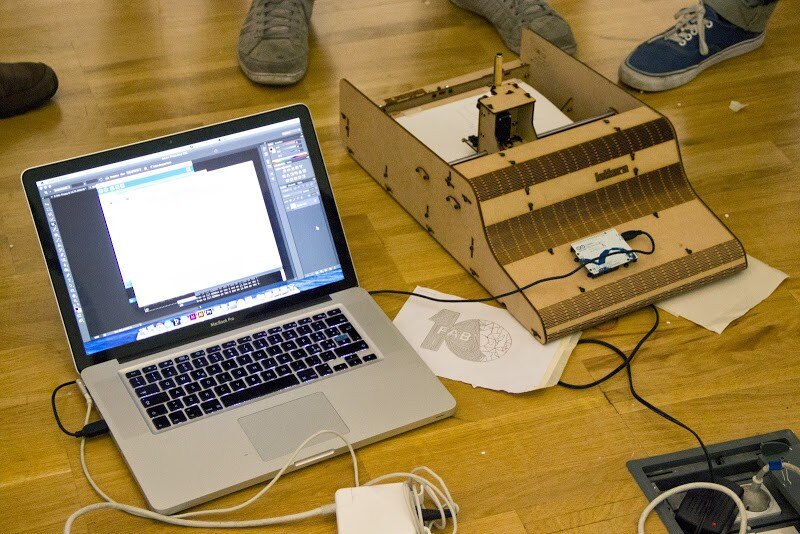The event, hosted principally at the Disseny Hub, involved three days of presentations and workshops for professionals working in the field, followed by a weekend Fab Festival intended for a wider public and open to the whole local “maker” community.
The event then finished with a symposium day, with contributions from Bruce Sterling and William McDonough, among others. It was moderated by Neil Gershenfeld from MIT in Boston, the creator of the Fablab concept itself.

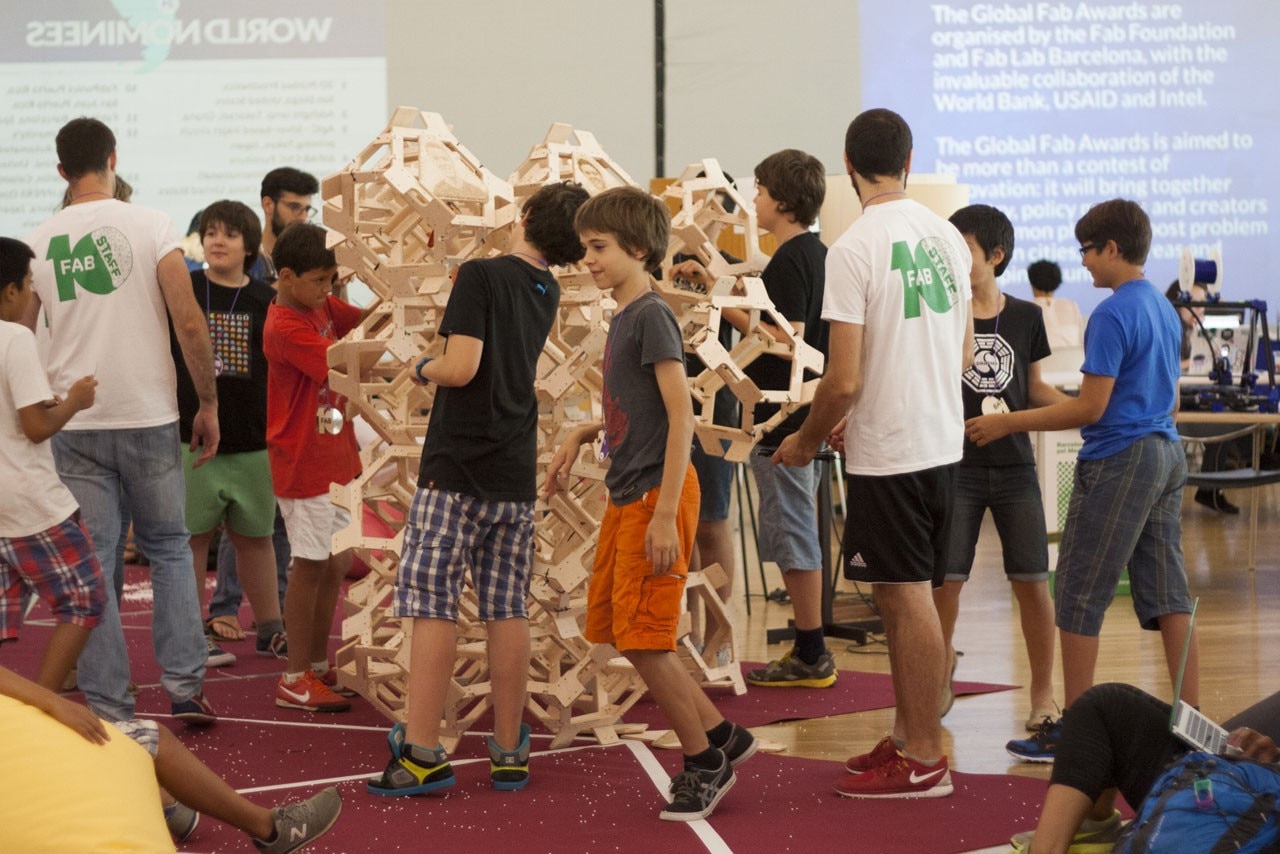
The noble principle at the root of this initiative notwithstanding, it is difficult not to think of the risks involved in moving from a desire for customised production – the founding Fablab principle – to standardised production, via semi-public and top-down strategies.
On the theme of sustainability, the need for Fablabs and makers to find a better way of managing resources and materials emerged. Tomas finished with the claim that the reappropriation and customisation of production would not lead to a reduction in things produced, but an increase in products relevant to users.
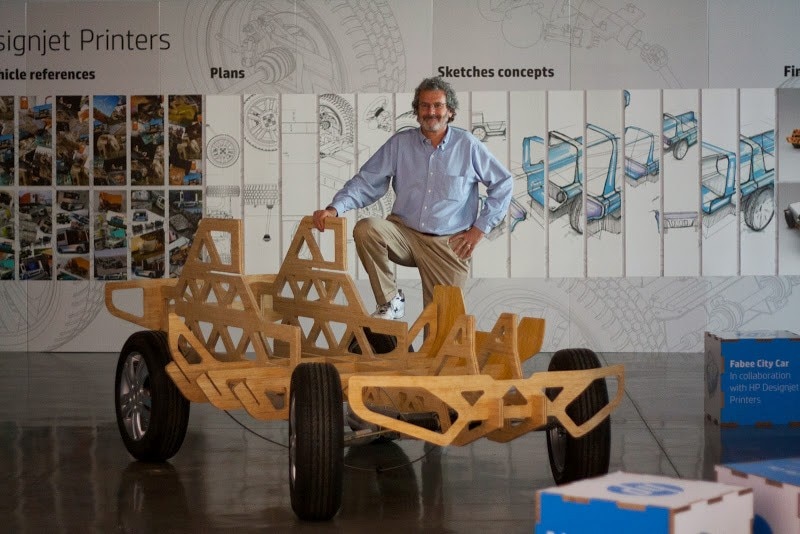
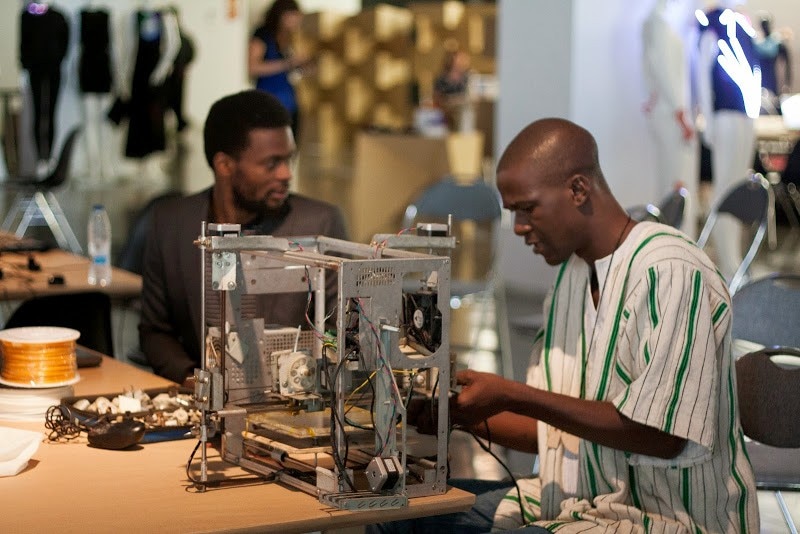
The Ellen MacArthur Foundation then extended the dialogue with the first successful examples of this approach in the manufacturing world – such as Renault’s industrial regeneration at Choisy-le-Roi and the Philips Pay per Lux strategy, where the company takes charge of electricity consumption, as well as the cost of the lights themselves.
“Fab10” also shed light on the current lack of progress in the maker movement, which is still too heavily based on “making” without a definite aim and on the use of manufacturing technologies just for the fun of being a “maker”. With around 350 Fablabs operating around the world and more than 100 annual Maker Faires, problems of logistics and sustainability (environmental and economic) cannot be ignored.
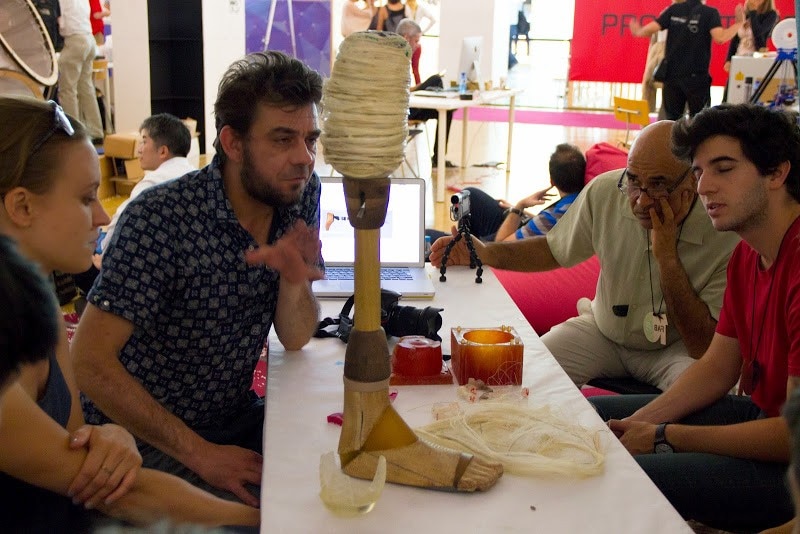
There are some similarities with what happened in the era of the first computers and electronic calculators: we need to move from niche use to the integration of these technologies into everyday life, creating ecosystems to deal with the environment and local communities.
The conference also saw the presentation of the Fab Awards, the result of an annual digital manufacturing competition. The winner this year was Afate Gnikou’s W.Afate 3D printer, the first such printer to be manufactured in Africa and wholly from electronic waste (e-waste). The symposium revealed marked interest from industry – the large multinationals especially – in the creative and technological potential concentrated in the Fablab network. Presenters for Nike, Google and Airbus expressed their desire to find common ground with the maker community and their hope that they can use makers’ know-how – but without commenting too much on sharing their own.
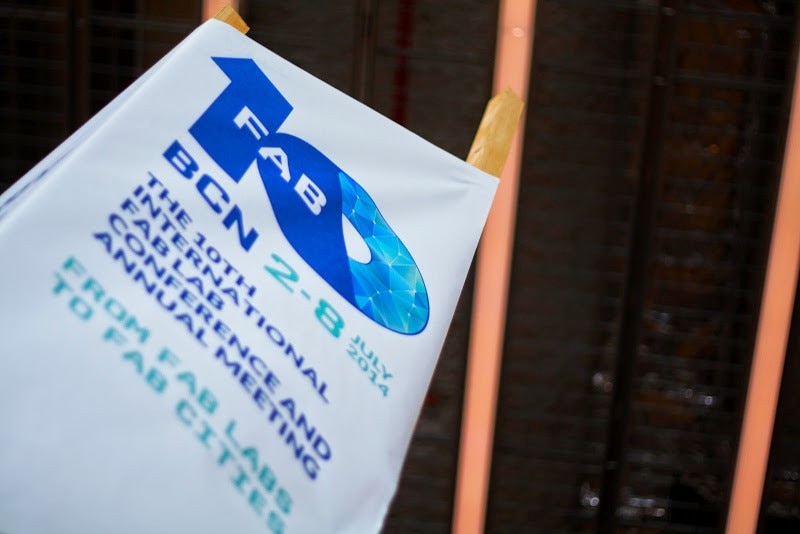
Niel Gershenfeld, the symposium moderator, also announced a contribution of 10 million dollars to the Fab Foundation on the part of Chevron. The money will be used to start up ten new Fablabs in areas of the United States in which the company operates. Recent events, such as Stratasys’s acquisition of MakerBot (with relating patents) cast some doubt on the private sector’s intentions. It is impossible not to fear that the founding principles of the “Fab movement”, a product of the desire to move away from traditional industrial manufacturing, will become compromised.
Bruce Sterling himself warned the audience against placing too much faith in the good intentions of large companies working to create “smart”, “fab” cities, because that is how standardisation and control begin.
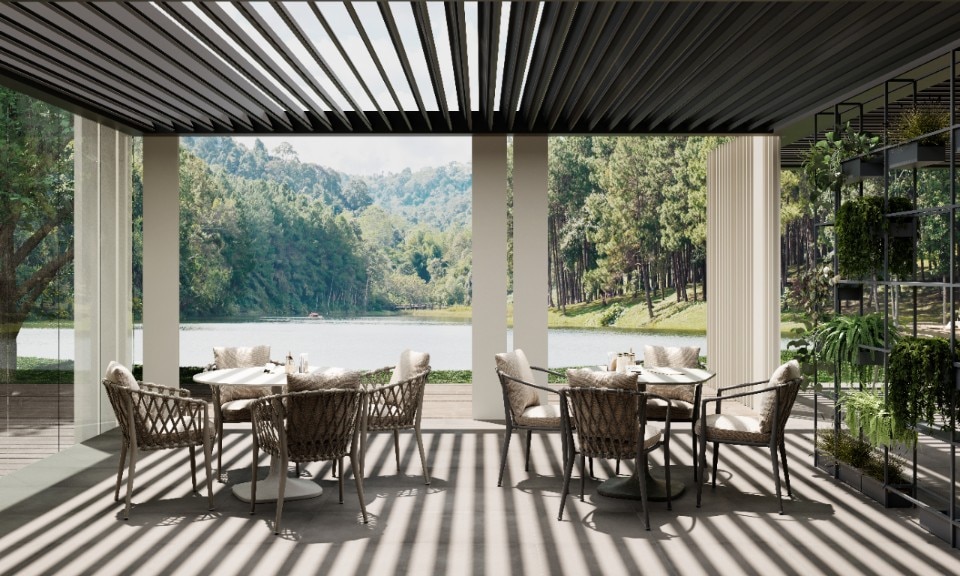
This system turns the outdoors into a custom experience
A fully configurable structure, designed to blend seamlessly into the natural landscape while providing shelter from sun, wind, and rain.
It exists - it’s called CODE.


